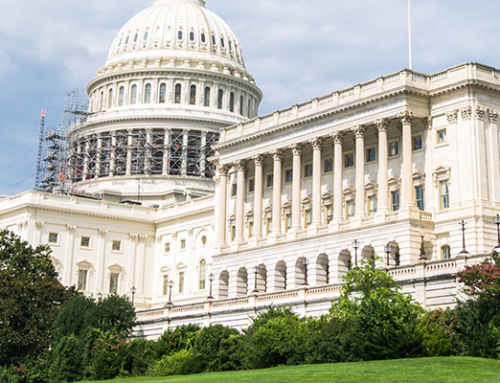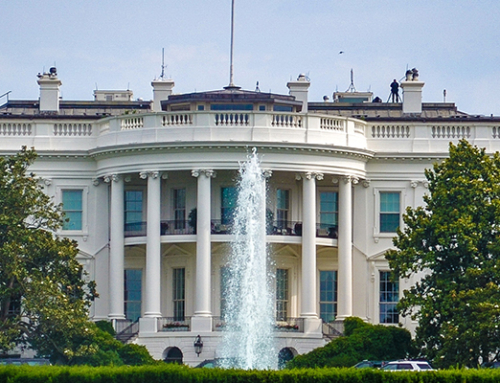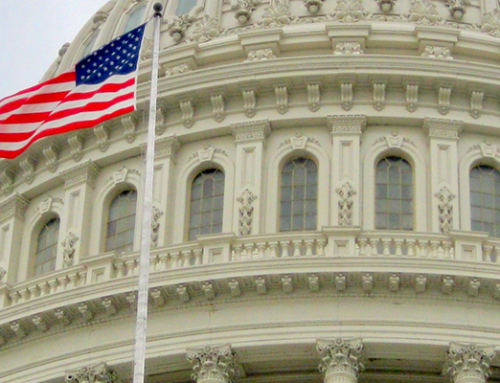On September 28, 2020, Speaker Pelosi released the summary of the Updated Version of the HEROES Act for consideration in response to the Coronavirus and as an economic stimulus. The proposal would dramatically increase administrative funding and unemployment compensation for individuals impacted by COVID-19 and the ensuing recession. (see section by section summary)
Provisions of particular interest for Unemployment Insurance include:
- Restore the $600 per week Federal Pandemic Unemployment Compensation (FPUC) starting the week of September 6 and ending January 31, 2021
- Extend Pandemic Unemployment Assistance (PUA) through January 31, 2021
- Extend Pandemic Emergency Unemployment Compensation through January 31, 2021
- Extend temporary full federal funding of Short-Time Compensation (STC) programs
- Extend temporary 50 percent federal financing of STC payments through January 31, 2021
- Extend temporary full federal financing of benefits during the usual one-week waiting period if the state has temporarily waived it through January 31, 2021
- Creates a new program to provide up to 13 additional weeks of federally financed unemployment compensation for individuals who exhaust state or federal unemployment compensation through January 31, 2021
Additional significant provisions include:
- Extends the provision in the Families First Coronavirus Response Act to provide temporary full federal financing of extended unemployment benefits for high-unemployment states which normally require a 50 percent state contribution, through June 30, 2021
- Provides that the earliest date on which states would begin accumulating interest on federal loans they have taken in order to pay state unemployment benefits would be July 1, 2021 (instead of January 1, 2021 currently provided)
- Extends the provision to cover half of the cost of unemployment benefits for reimbursing employers through June 30, 2021.
- Provides federally-funded $125 per week additional benefits to individuals who have at least $5,000 a year in self-employment income but were disqualified from receiving PUA because they were eligible for regular state unemployment benefits.
In addition to these continuations and expansions the proposal provides $3.7 billion to support workforce training and worker protection activities related to coronavirus, including:
- $2.1 billion to support worker training, including $1.6 billion in Workforce Innovation and Opportunity Act grants to States, $500 million for the Dislocated Worker National Reserve and $25 million for migrant and seasonal farmworkers, including emergency supportive services. Ensures any funds under this Act for apprenticeship support Registered Apprenticeships;
- $500 million for the Employment Service to help connect unemployment insurance claimants and other job seekers with employers looking to hire;
- $925 million in contingency funding to assist States process unemployment insurance claims;
- $15 million for the federal administration of unemployment insurance activities;
- $39 million for Unemployment Insurance national activities necessary to support the UI system;
- $100 million for the Occupational Safety and Health Administration for workplace protection and enforcement activities in response to coronavirus, including $25 million for Susan Harwood training grants that protect and educate workers and $70 million for compliance safety and health officers and safety standards enforcement;
- $6.5 million for the Wage and Hour Division to support enforcement and outreach activities for paid leave benefits; and
- $5 million for the Office of Inspector General for oversight.
This most recent updated proposal is likely to be used in the continuing negotiations with the Senate and the White House in determining the shape of additional stimulus and assistance to individuals in recovery from the COVID recession into 2021.






